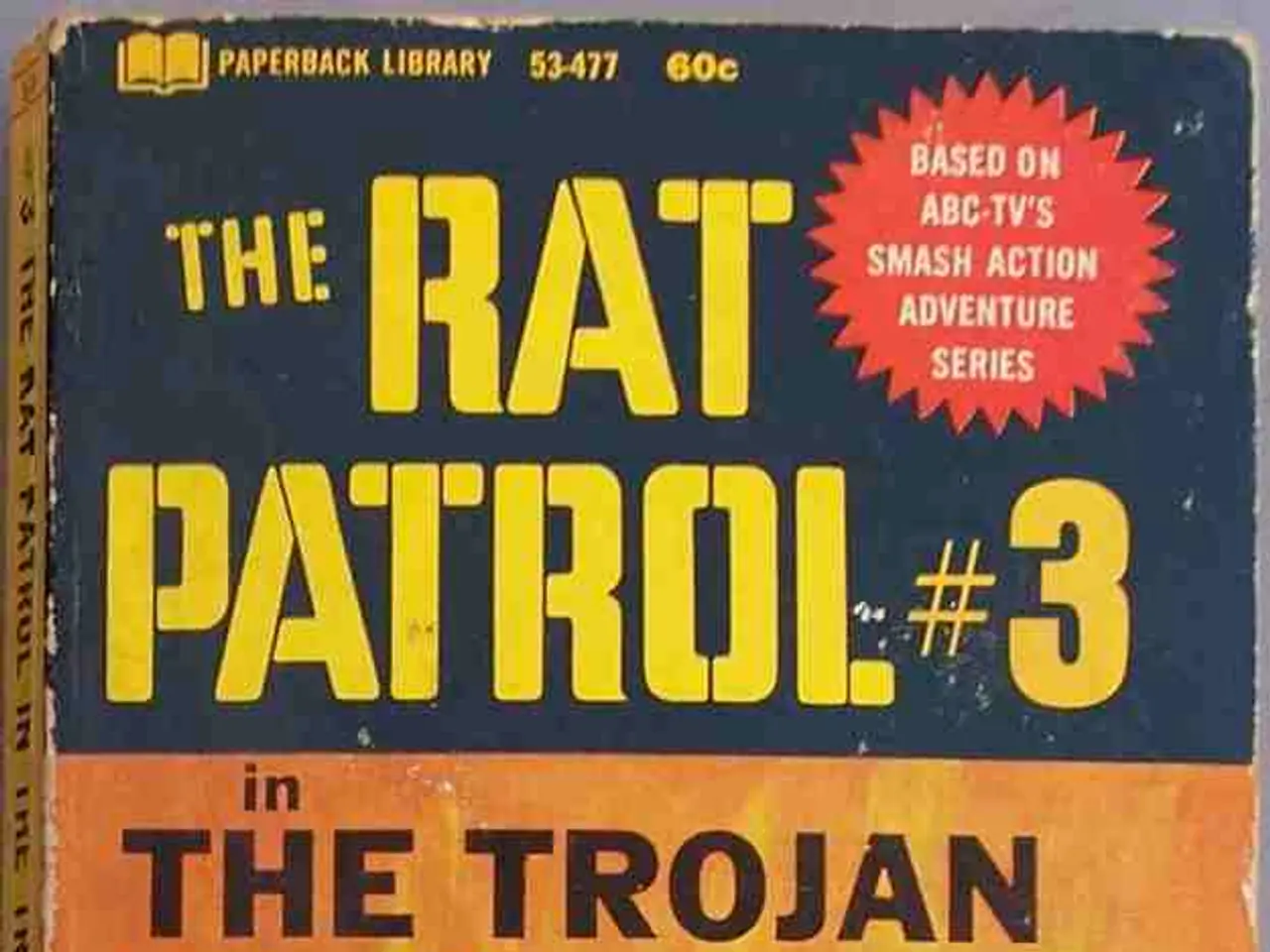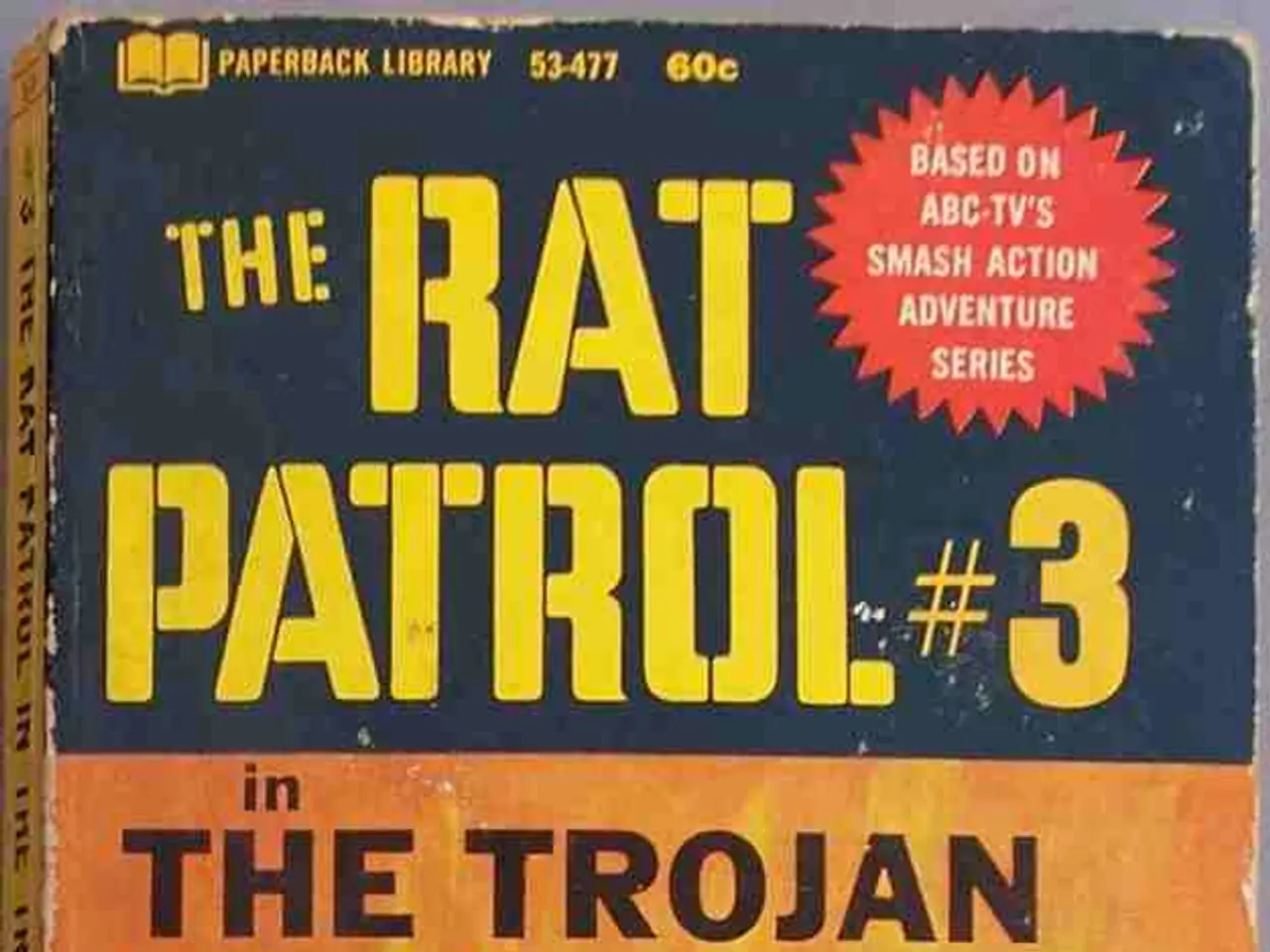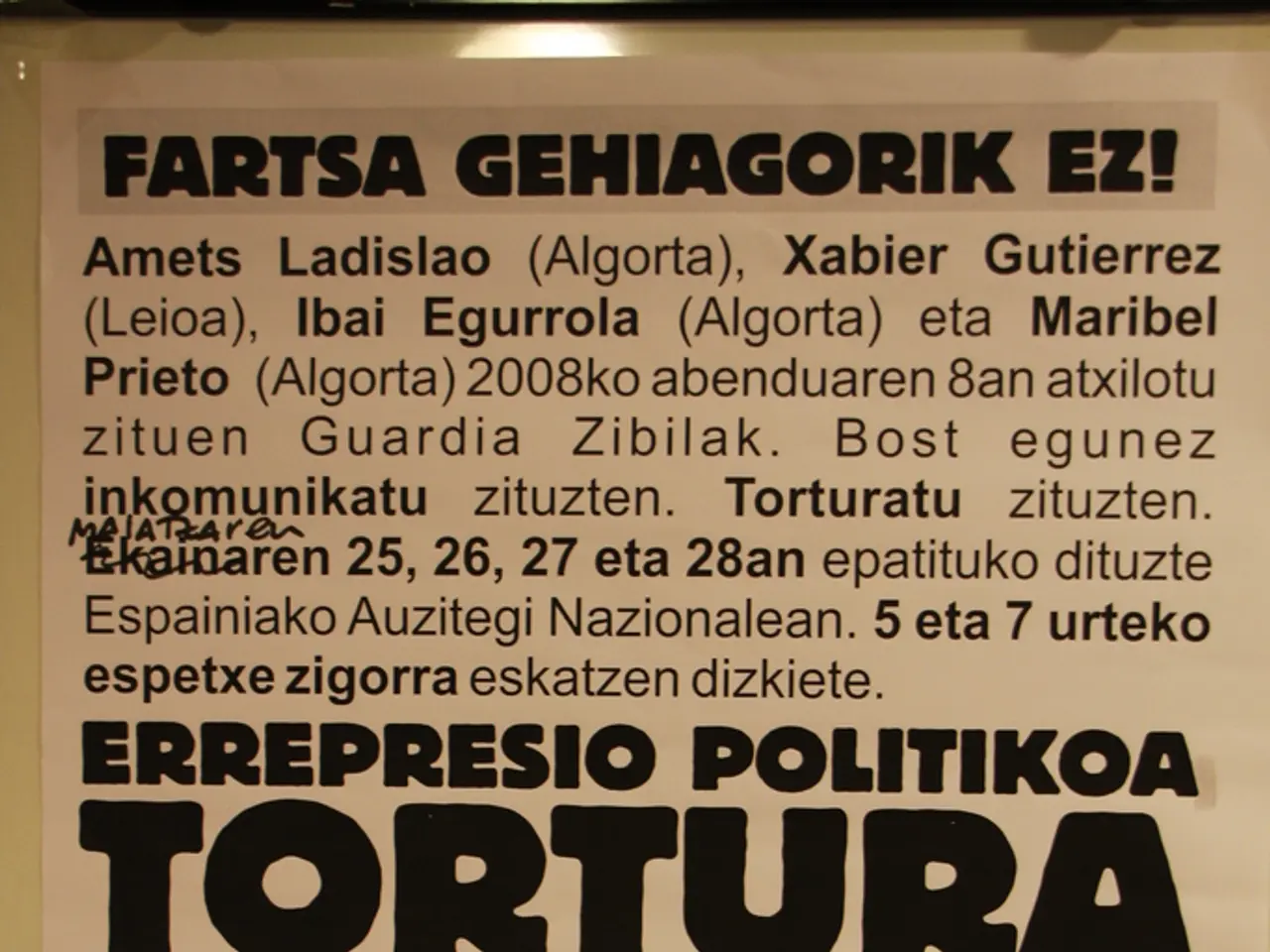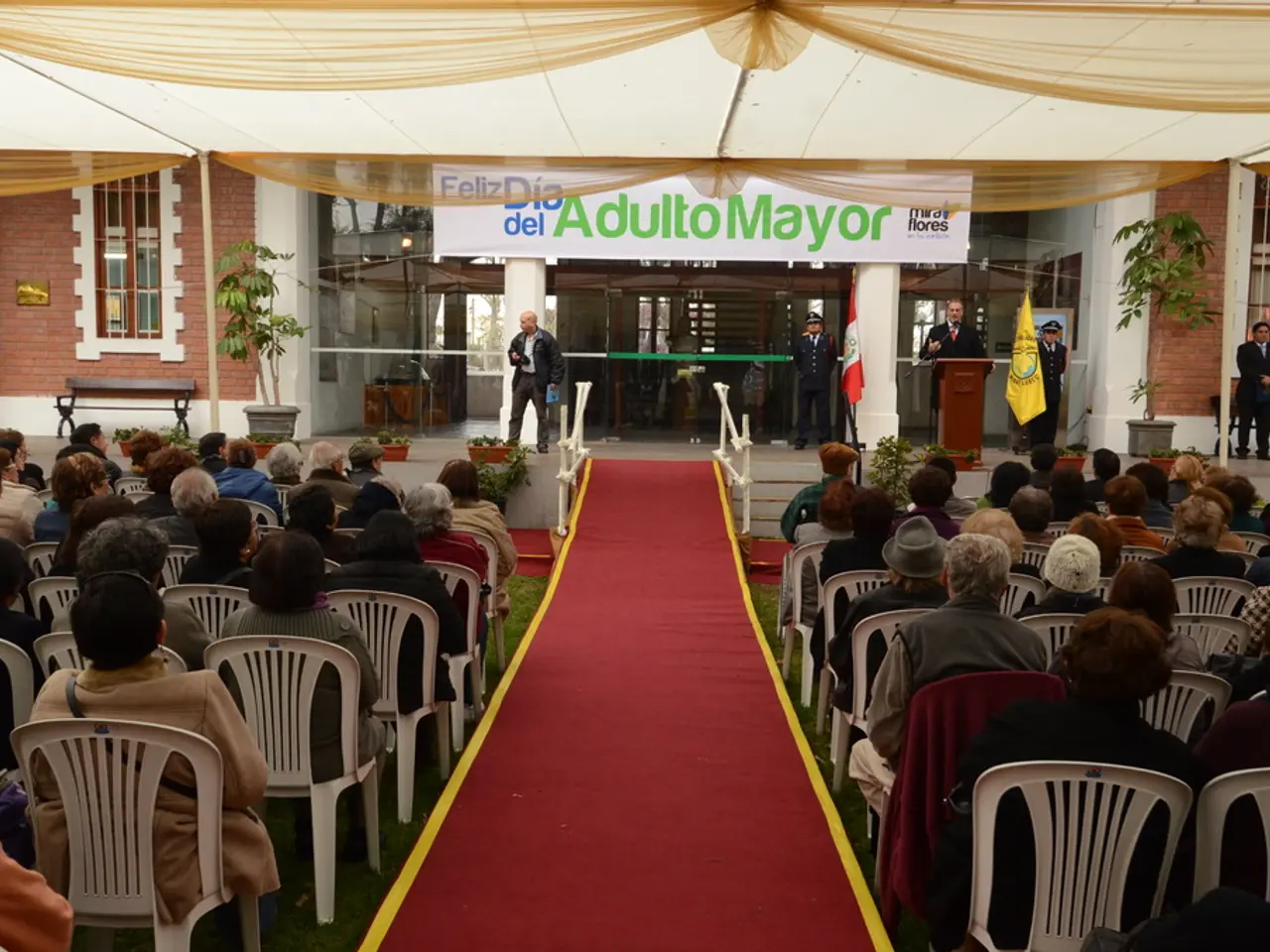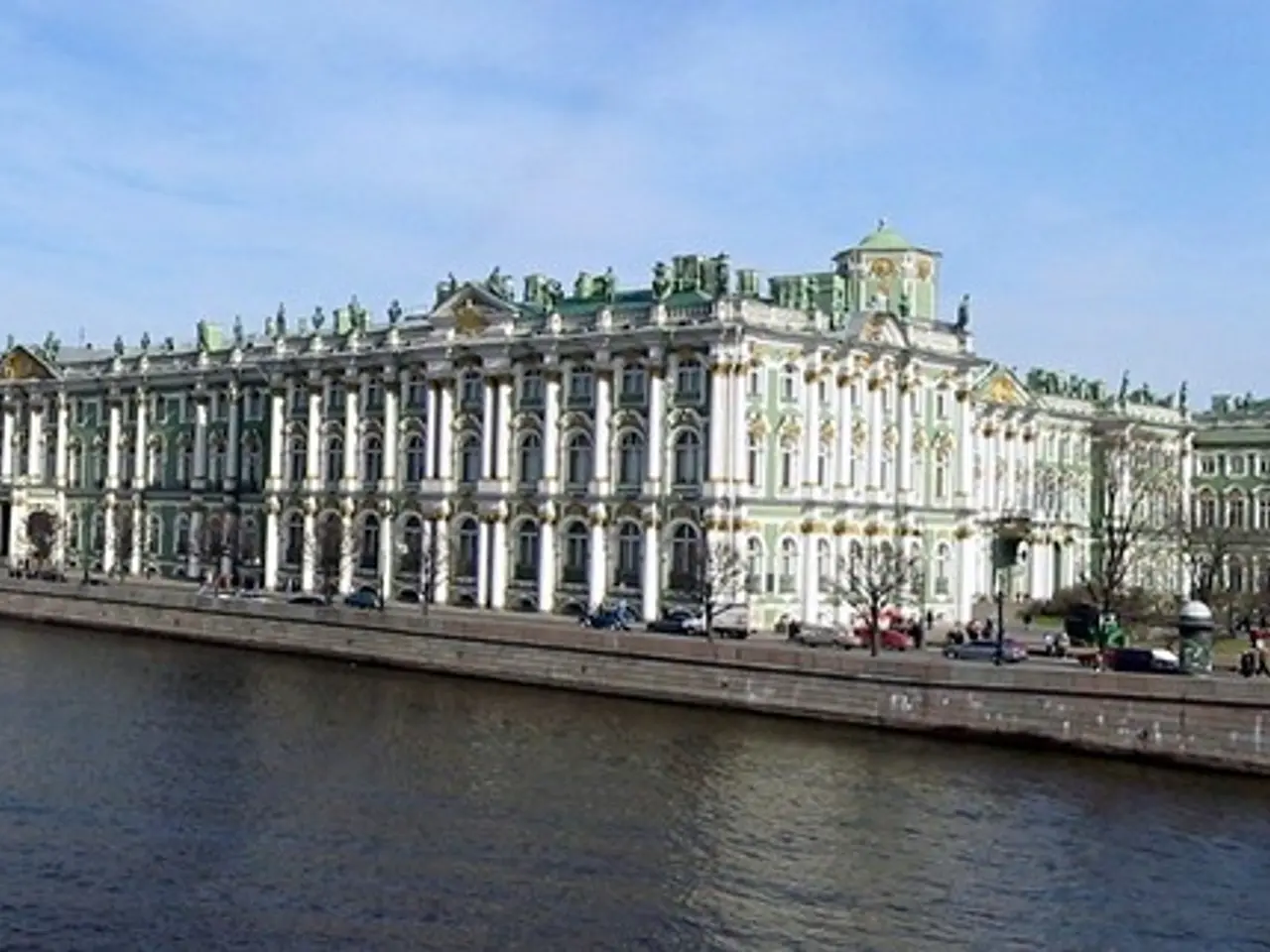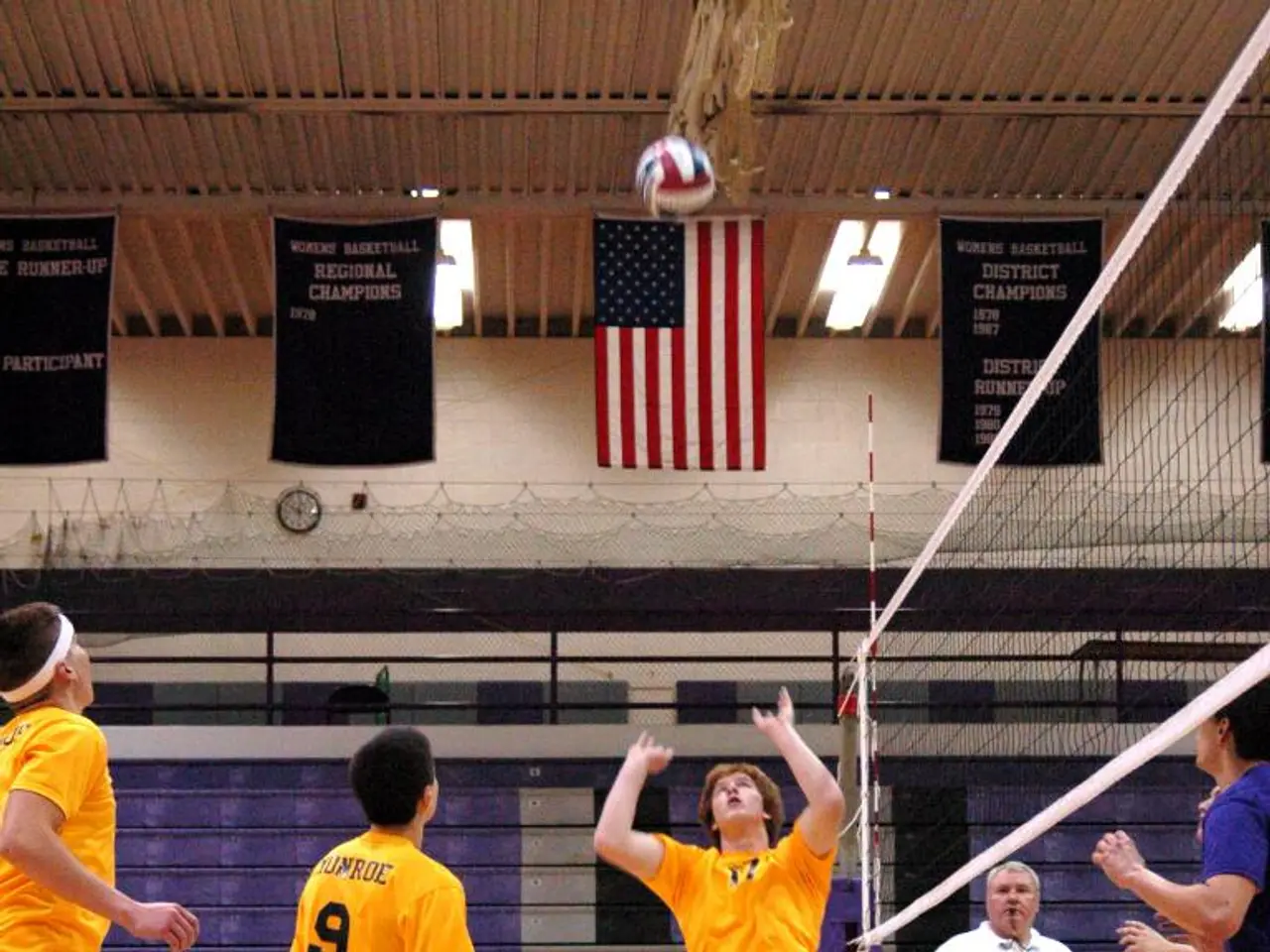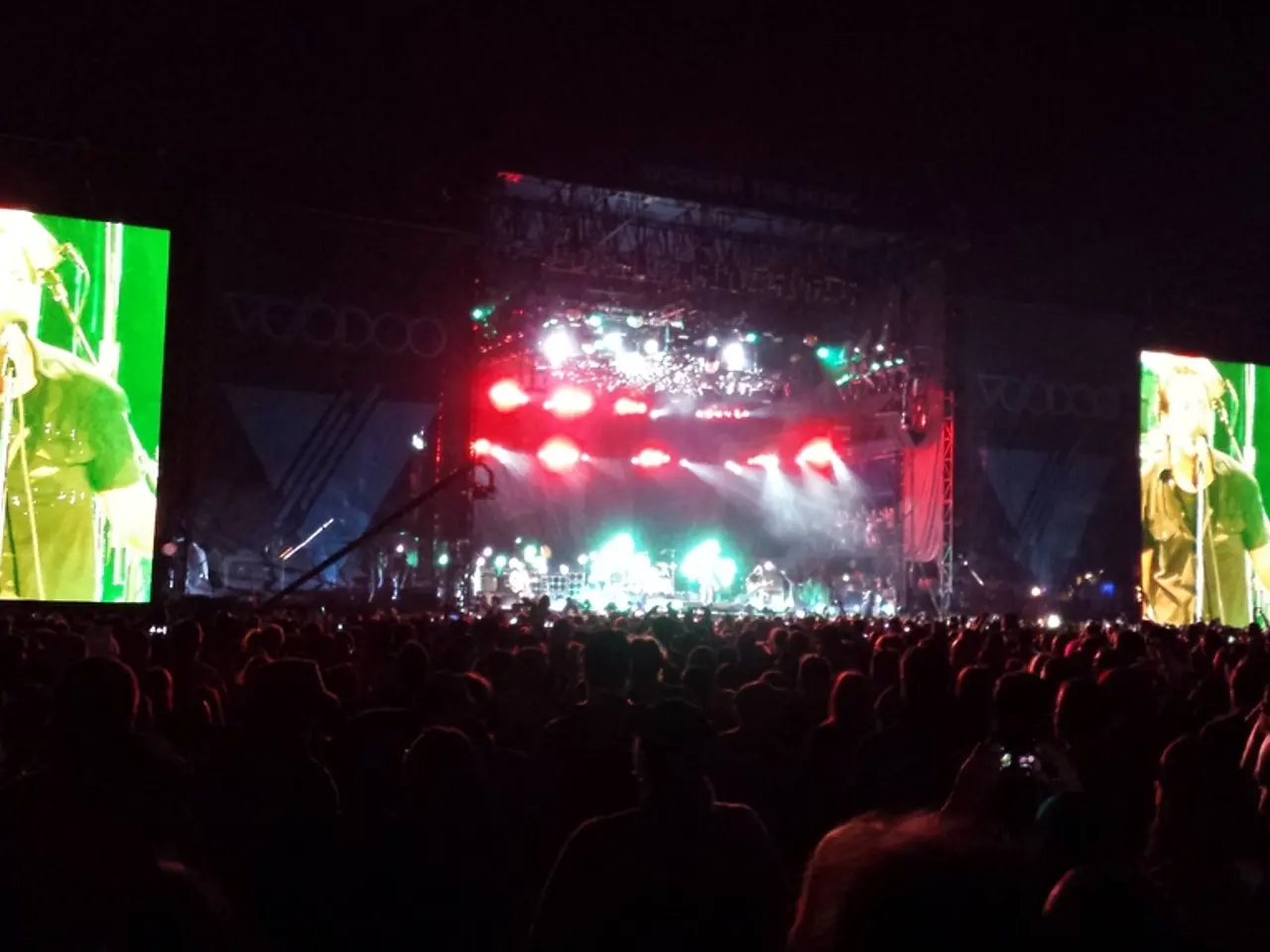Russia's president, Putin, will persist in waging war on Ukraine, disregarding Trump's warnings. - Russian leader Putin persists with military action in Ukraine, disregarding Trump's warnings of conflict escalation.
In a significant development in June 2024, Russian President Vladimir Putin proposed a peace settlement for the ongoing conflict in Ukraine, which has been met with resistance from Western leaders and Ukrainian President Volodymyr Zelenskyy.
Putin's conditions for peace include the recognition of Russia's annexation of territories, Ukraine's neutrality, renunciation of its ambitions to join NATO, limits on its military forces, protection for Russian-speaking citizens, and the lifting of international sanctions.
These demands have been viewed as non-negotiable ultimatums by Western and Ukrainian leaders, who have expressed their refusal to accept such terms. Ukrainian President Volodymyr Zelenskyy has characterized Putin's demands as similar to historical aggression precedents, while Western reactions, notably from the United States and NATO allies, have been firm in rejecting Russia's conditions as unacceptable.
In response to Putin's proposal, former U.S. President Donald Trump suggested a peace initiative that included weapons aid for Ukraine and proposed tariffs on Russia if Moscow did not agree to a ceasefire within 50 days. However, this initiative has been dismissed by Russia as unacceptable, reaffirming its commitment to continue the war unless its goals are met.
The current conditions for peace, as proposed by Putin, hinge on territorial concessions and Ukraine's political realignment, which Western and Ukrainian leaders refuse to accept. One of Putin's preconditions for peace talks is the withdrawal of Ukrainian troops from the contested areas.
The ongoing conflict has resulted in Russia controlling approximately one-fifth of Ukrainian territory, including Crimea, Luhansk, over 70% of Donetsk, and parts of other regions. The Russian side views itself as militarily superior, with advances on the front and a war-oriented production that surpasses NATO's ammunition production.
Despite Trump's efforts to improve relations with Russia, his administration has withdrawn support for Ukraine's NATO bid and has hinted at recognizing the Crimean annexation. Trump has announced new weapons deliveries to Ukraine and threatened tougher sanctions, expressing frustration over Putin's refusal to agree to a ceasefire.
The escalating conflict between the two largest nuclear powers has raised concerns among insiders, who expect further escalation and warn of the dangers involved. Zelensky insists on the right to decide on NATO membership, while Putin is not ready to yield to Western pressure.
Putin is also willing to discuss security guarantees for Ukraine, although their nature is unclear. However, Putin believes that Russia's economy and military can withstand additional Western sanctions, indicating a willingness to continue the war until his demands are met.
As the standoff continues, an early end to the war is not anticipated, with both sides dug in their positions and the threat of further escalation looming.
- The European Union, being committed to the implementation of the Lisbon strategy, has closely monitored the escalating war-and-conflict between Russia and Ukraine, and the politics surrounding the situation, with Ukraine's future ties with NATO being a significant general-news point of discussion.
- Despite the ongoing resistance from Western leaders and Ukrainian President Volodymyr Zelenskyy, the European Union, due to its focus on peaceful and diplomatic solutions, may find Putin's conditions for peace, such as territorial concessions and Ukraine's political realignment, challenging to accept, potentially impacting the broader political landscape and international relations.
